Ready, Set, Network!

Downstream brings current and future water professionals together to connect, bridge the skills gap, and drive clean water solutions for Canadians.
Upcoming Events
Stay tuned for 2026 events!
Event in April
Ashbridges Bay Treatment Plant, Toronto
9 Leslie St, Toronto, ON M4M 3M9
April 8, 2025
2:30 PM - 5:30 PM (EST)
Special opportunity to tour Ashbridges Bay Wastewater Treatment Plant, one of Canada’s largest and oldest facilities, located in Toronto’s east end.
Event in April
Event Location
Ashbridges Bay, Toronto
April 8, 2025
Lorem ipsum dolor sit amet, consectetur adipiscing elit. Ut elit tellus, luctus nec ullamcorper mattis, pulvinar dapibus leo.
How does Downstream work?
Early career professionals and students are invited by program directors and industry organizations in partnership with Water Canada magazine to attend a 2-3 hour event that provides the opportunity to learn from and network with experts representing different streams of Canada’s water sector. The event features micro-sessions: roundtable discussions led by experienced water professionals, where students participate in focused conversations addressing three key questions related to the table’s specific topic:
- What are the trends in this stream?
- What are the challenges?
- What are the opportunities for early career professionals?
Students cycle from table to table, engaging with experts from various sectors, asking questions about career opportunities, and building connections to help launch their careers.
How do students benefit from Downstream?
- Students come away with key contacts and information that provides direction and opportunities for career growth
- A better understanding of potential career paths that are available to them
- Opportunity to connect with other early career professionals
How do industry professionals benefit from Downstream?
- Industry professionals (AKA “experts”) get early access to emerging talent, helping to identify and recruit top candidates.
- Serving as mentors enhances experts’ own leadership and communication skills while reinforcing commitment to supporting the industry’s growth.
- Supporting and engaging with students aligns with organizational goals related to social responsibility, addressing the “S” in ESG by investing in community and workforce development.
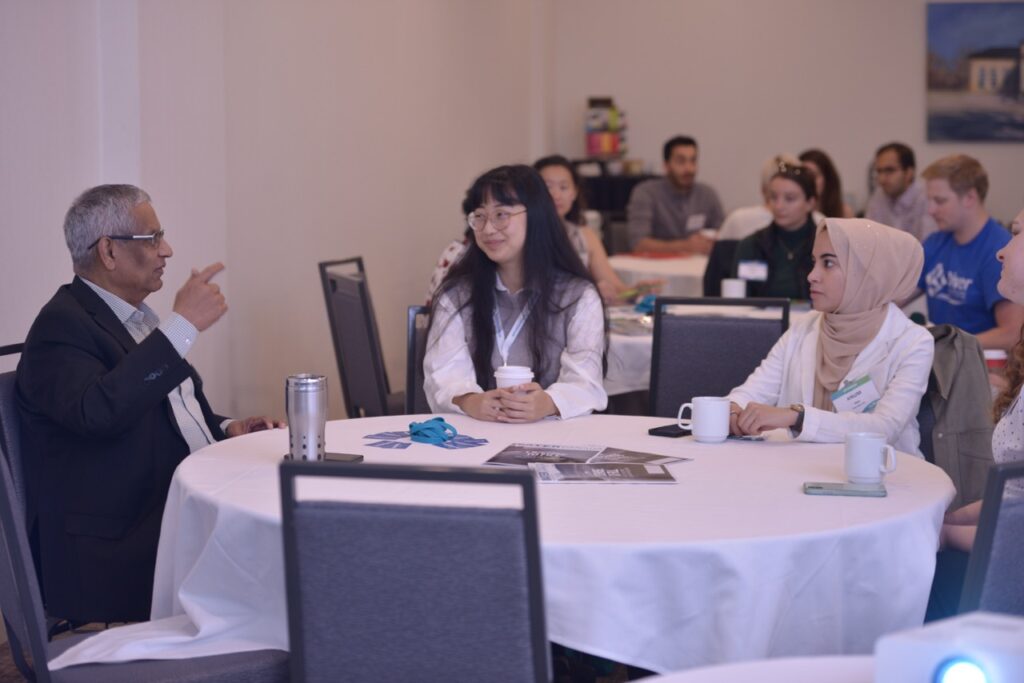
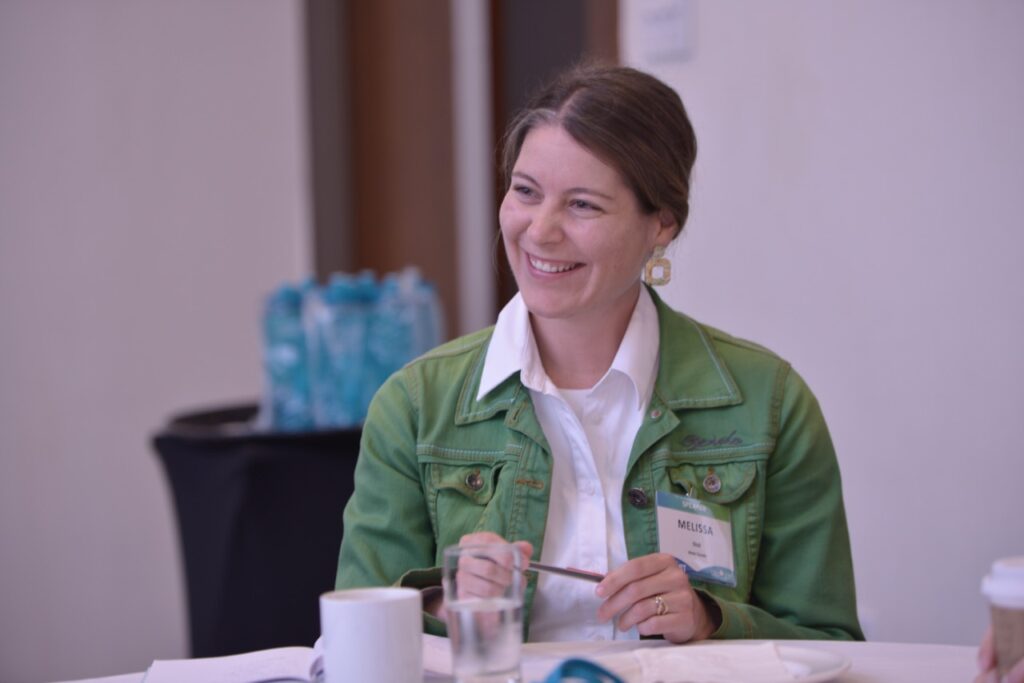
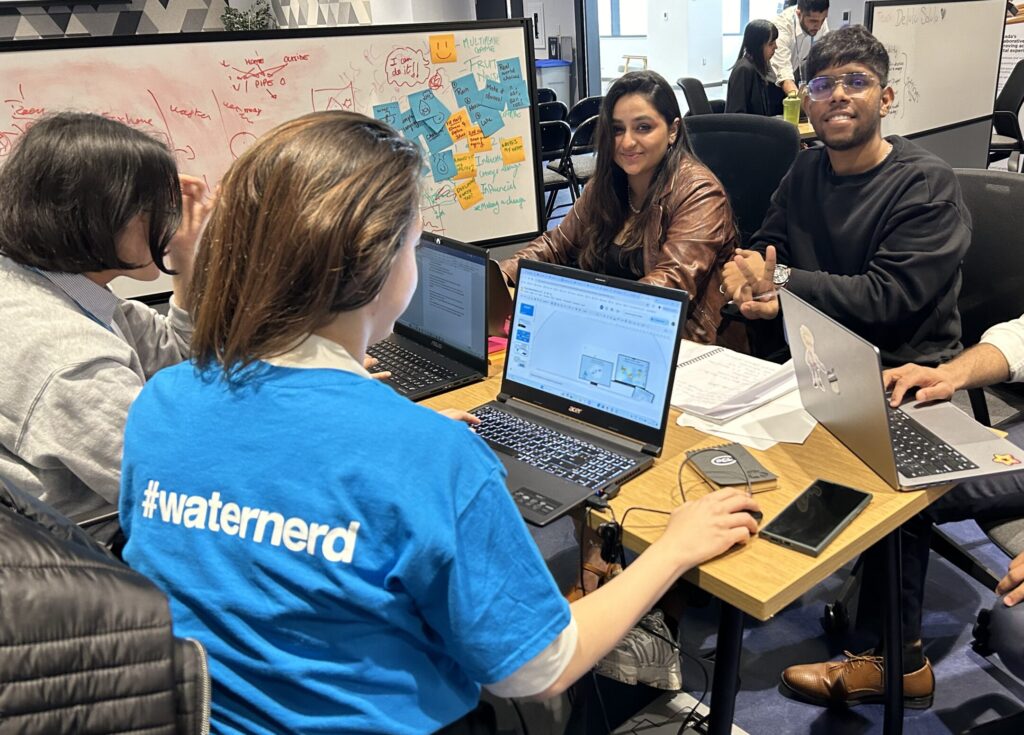
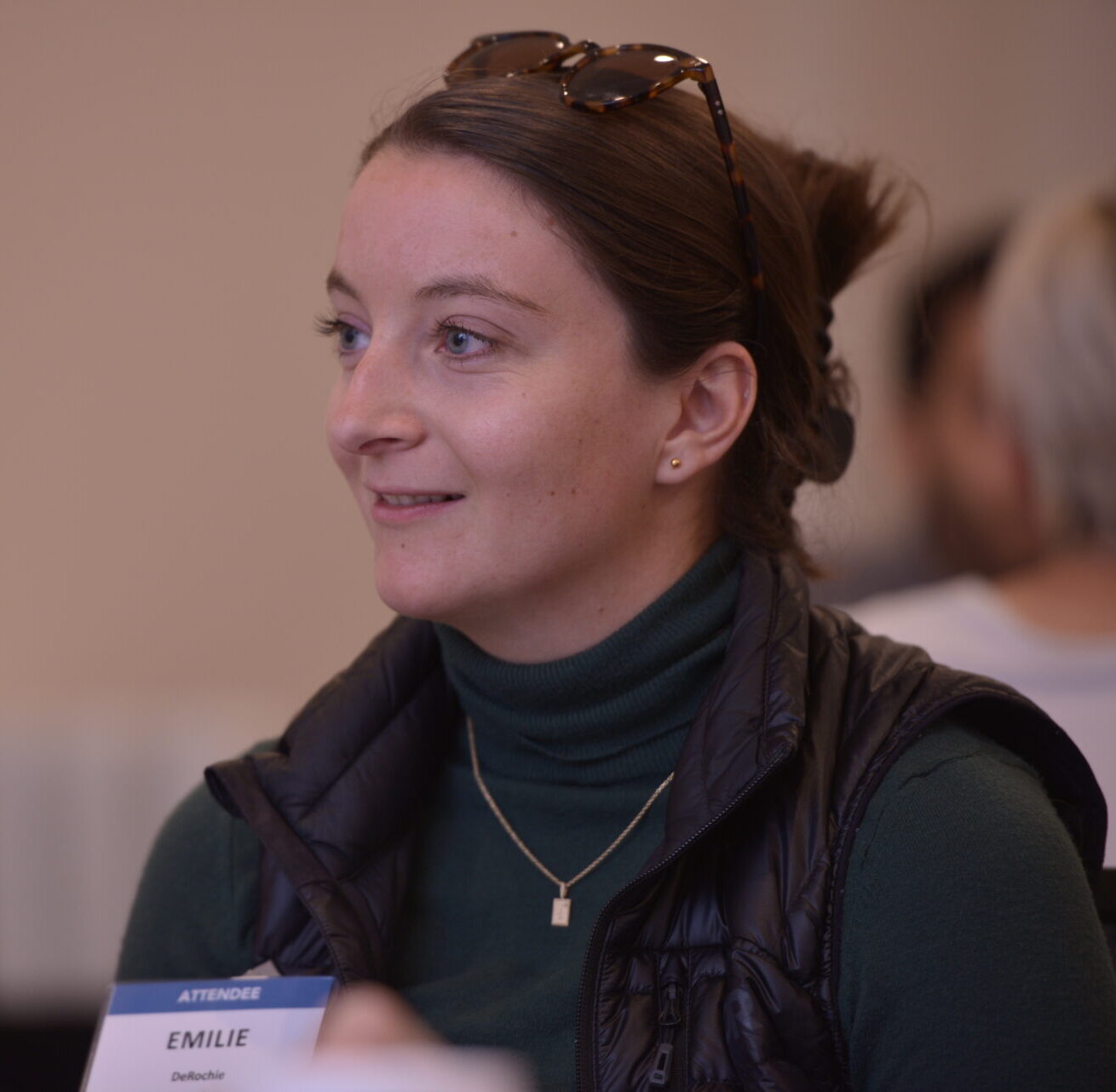
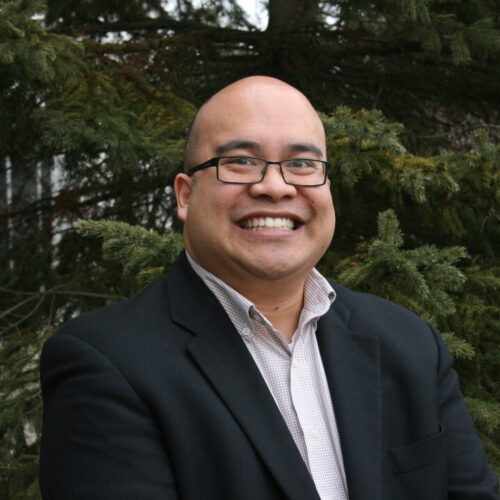
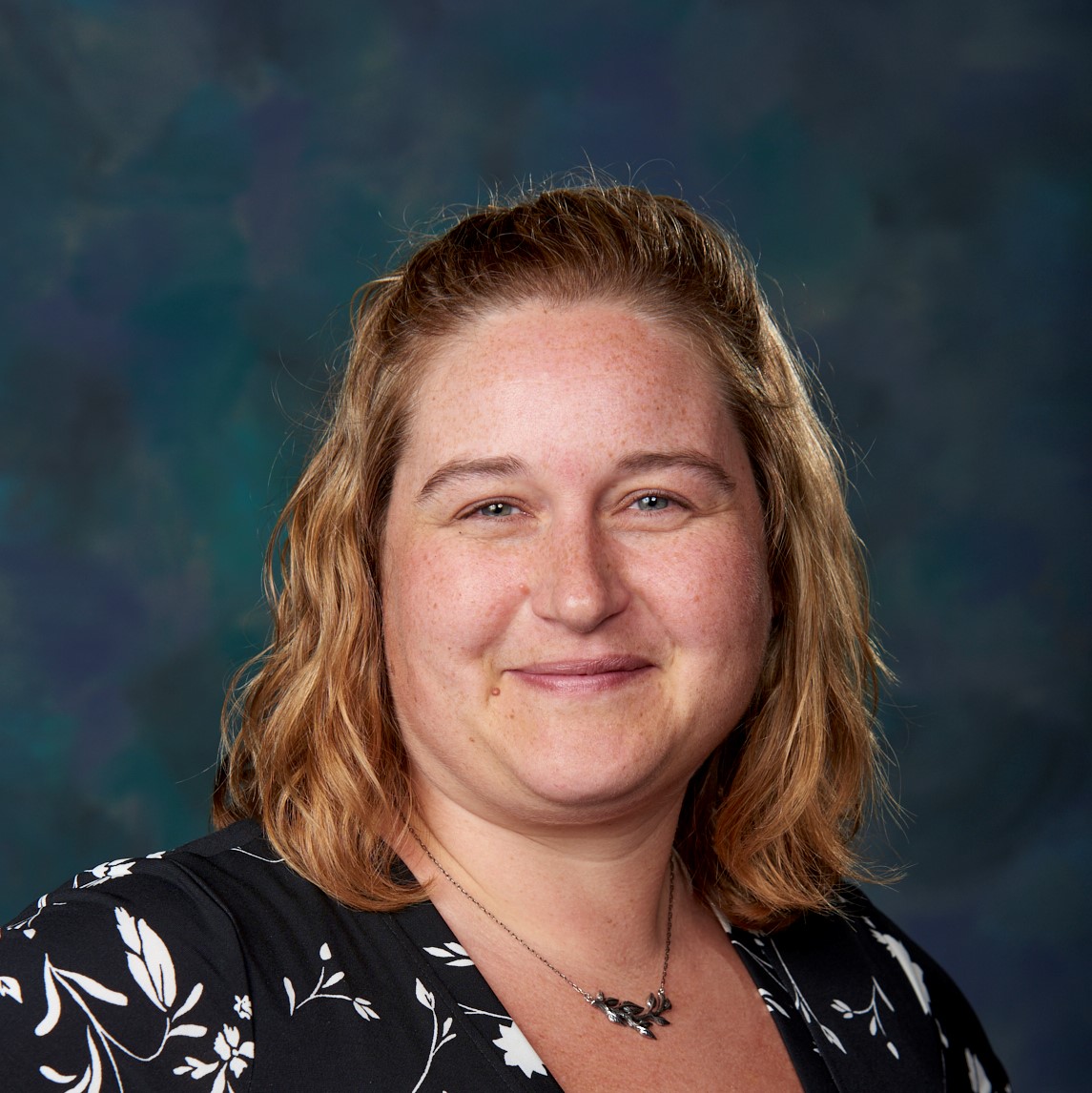
Partners
Thank You to our Downstream Partners!
Partner with Downstream to help close the skills gap!
Sponsoring Downstream is more than just an investment—it’s an opportunity to drive real change in Canada’s water sector. As a sponsor, you’ll take action to help close the skills gap while positioning your organization as a changemaker across Water Canada’s print, digital, and experiential platforms.
- Gain early access to Canada’s top emerging talent and insights into attracting and retaining early career professionals.
- Join a vibrant community of post-secondary institutions, private sector businesses, industry associations, and government initiatives, all working together to shape the future of water.
- Plus, it’s a meaningful ESG investment, allowing you to demonstrate your social commitment to the Canadian water industry while addressing the “S” in your ESG responsibilities.
For more information on sponsoring Downstream, contact Vanessa Watson at [email protected]
Experts Directory
Downstream events thrive thanks to our expert volunteers. These experienced water industry professionals share valuable insights into diverse roles across the sector, from drinking water and wastewater to stormwater, conservation, and beyond. Representing municipalities, Indigenous communities, clean tech, academia, consulting, and more, they help participants identify opportunities, offer tailored advice, and inspire meaningful connections.
Meet the experts by browsing our Experts Directory.
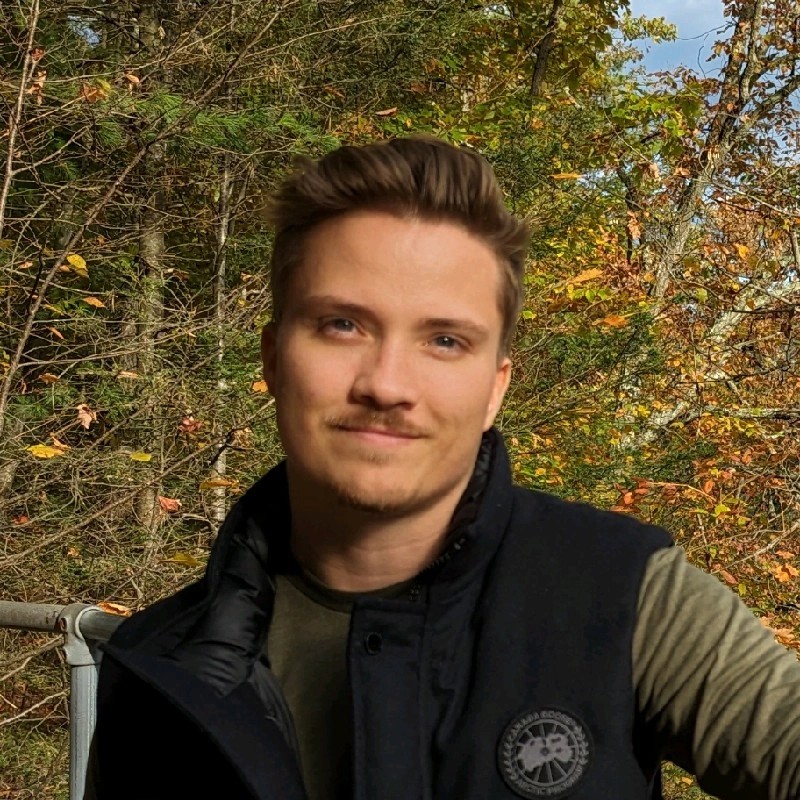
Gregary Ford
Lake Ontario Waterkeeper/ Vice President,
Swim Drink Fish
Winner of the 2022 Water Canada Awards’ Emerging Leader Award
Greg Ford is the director of water programs at Swim Drink Fish Canada and the executive director at Niagara Coastal Community Collaborative. Taking initiative in may environmental issues not limited to water, Greg is a young and strong headed person who likes to help in any way they can. Has won many awards for his part in Swim Drink Fish and Niagara Coastal Collaborative.
Cleaning the fresh water all over Canada, the app and the initiative have been applied all over Canada and the use of an app to engage young people in the conservation of our great lakes and all fresh water is a great way to engage the community.
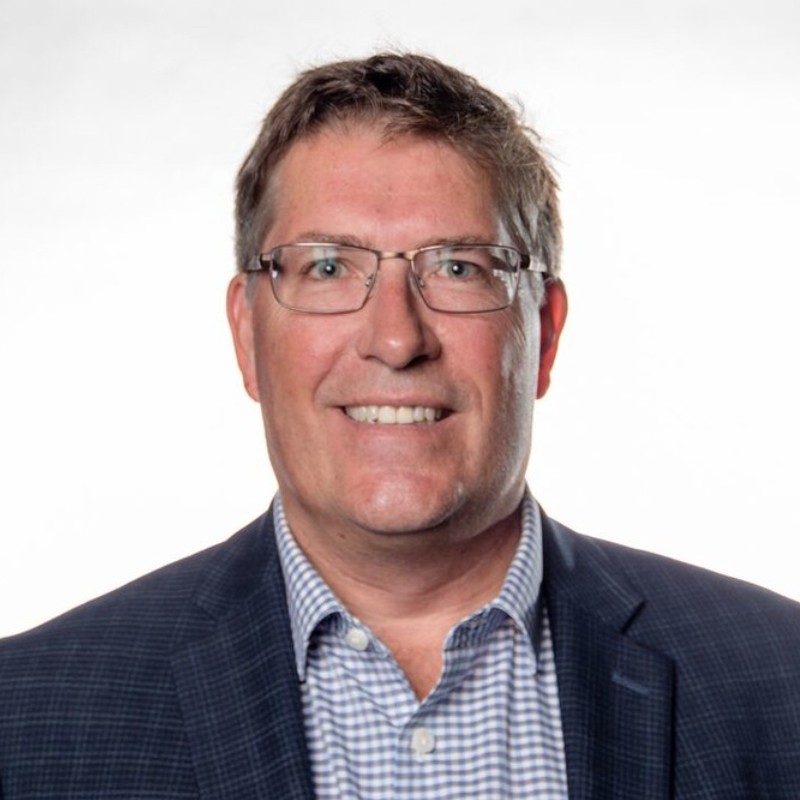
Terry Rees
Consultant - Sustainability, Community Engagement, Policy and Program Development Consultant - Sustainability, Community Engagement, Policy and Program Development,
Previously at Federation of Ontario Cottagers' Associations
Terry Rees had been the Executive Director of the Federation of Ontario Cottagers’ Associations (FOCA) since 2004. FOCA is the largest waterfront landowner organization in Canada, representing 50,000 member families in 525 community associations. Ontario’s waterfront residential property owners collectively spend $11.44 billion annually, supporting 157,000 jobs and contribute over $700 million to local property taxes across rural and northern Ontario.
Terry is a member of many regional and provincial committees focussed on biodiversity, water and water management, rural economic development and more.
Terry has been regular attendee at the Water Canada Summit and has been a featured speaker at dozens of other conferences and events across Canada. He has a degree in economics from Western University, and a certificate in environmental management from Ryerson University. Terry was honoured with a Waters Next Award in 2012.
Terry currently lives in Peterborough, Ontario.
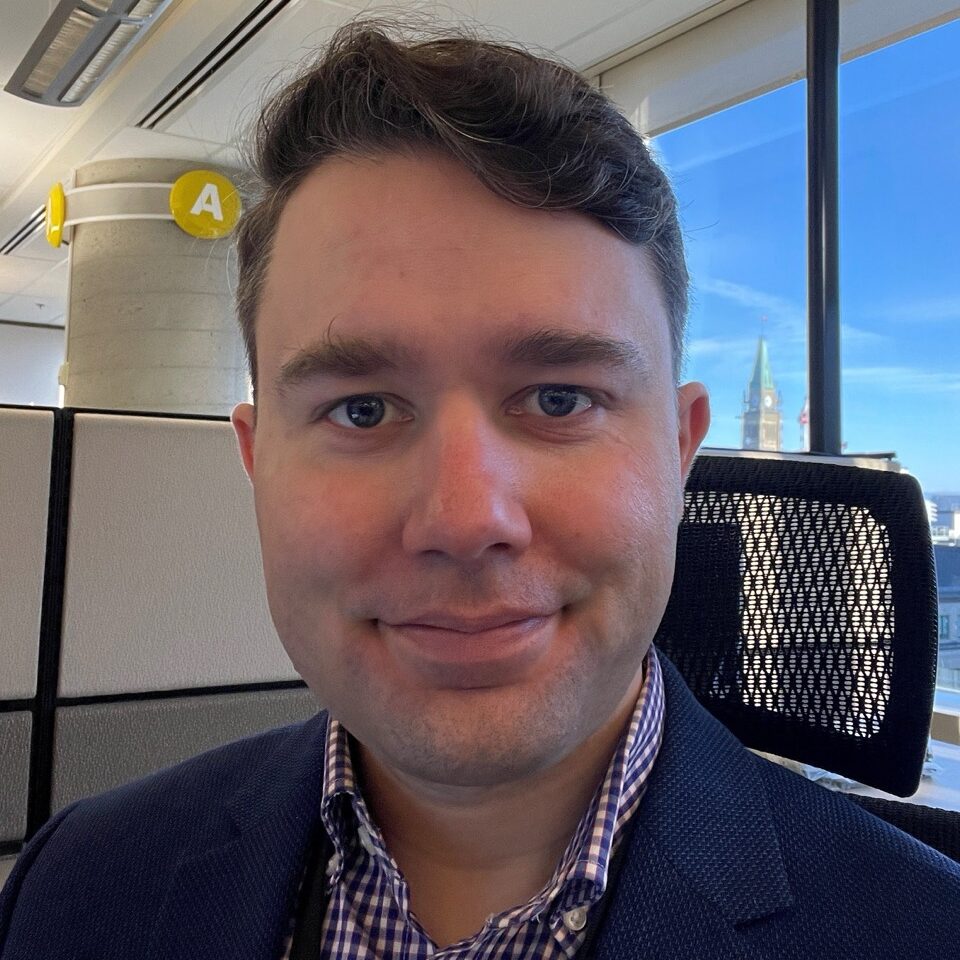
Geoffrey Gunn
Senior Analyst,
Canada Water Agency
Geoffrey Gunn is a Senior Analyst working in the Canada Water Agency’s Data Office. A geographer by training, Geoff has worked at the interface of science and policy for over a decade from the Canadian Prairies to the high Arctic. Before joining the Canada Water Agency, he’s had roles at Innovation, Science and Economic Development Canada, the International Institute for Sustainable Development and IISD-Experimental Lakes Area, and the University of Manitoba’s Centre for Earth Observation Science.
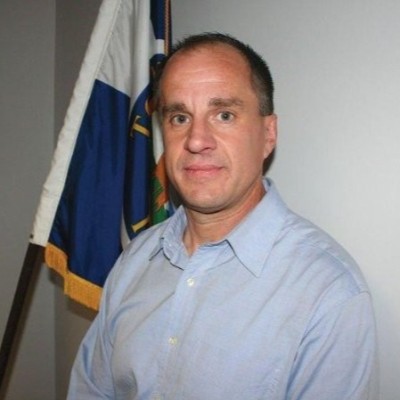
David Unrau
Chief Administrative Officer,
City of Pembroke
David Unrau is currently the Director of Public Works for the Town of Petawawa. He brings with him more than 20 years of municipal experience, having held similar roles in other municipalities including the City of Pembroke. David also brings similar expertise from employment in the private sector (CNL) as well as federally through positions held with Defence Construction Canada. His skillset includes those in management, leadership, communications and critical thinking. He has proven to be an excellent resource on the Board and has voluntarily participated in and attended many other meetings and functions in order to gain more knowledge about the Hospital and the Board. He also sits on the Ottawa River Energy Solution Board and national/provincial committees on Asset Management, Active Transportation and Vision Zero.

Rizwan Younis
Project Manager Water Services,
City of Guelph
Rizwan Younis is a Project Manager within Water Services for the City of Guelph. His professional experience is demonstrated by his inclusion in Ontario’s Sunshine List, which publishes the salaries of public sector employees earning over $100,000 annually. Therefore, Rizwan Younis has a professional career in project management with the City of Guelph’s water services. This indicates his involvement in projects related to the City of Guelph’s water infrastructure.
Interested in becoming an expert? Contact Corinne Lynds at [email protected]
Get Involved
Getting involved with Downstream is a truly rewarding experience. By paying it forward to the next generation, you’ll help shape the future of Canada’s water sector. Whether you’re recruiting the brightest minds or simply sharing your journey, spending time with these future leaders is both energizing and impactful. Experts and students alike leave inspired and motivated, discovering new opportunities to collaborate and drive meaningful change.
There are four ways you can get involved with Downstream:
- Register as a student or early career professional and attend an Upcoming Event (link).
- Volunteer as an industry expert.
- Host a Downstream event on your campus or at an industry conference.
- Partner with us as a sponsor to drive change in Canada’s water sector by closing the skills gap, accessing top emerging talent, and positioning your organization as a leader committed to shaping the future of water.
Past Events
Contact Us
Volunteer as an expert: [email protected]
Sponsor Downstream: [email protected]
Host an event: [email protected]
